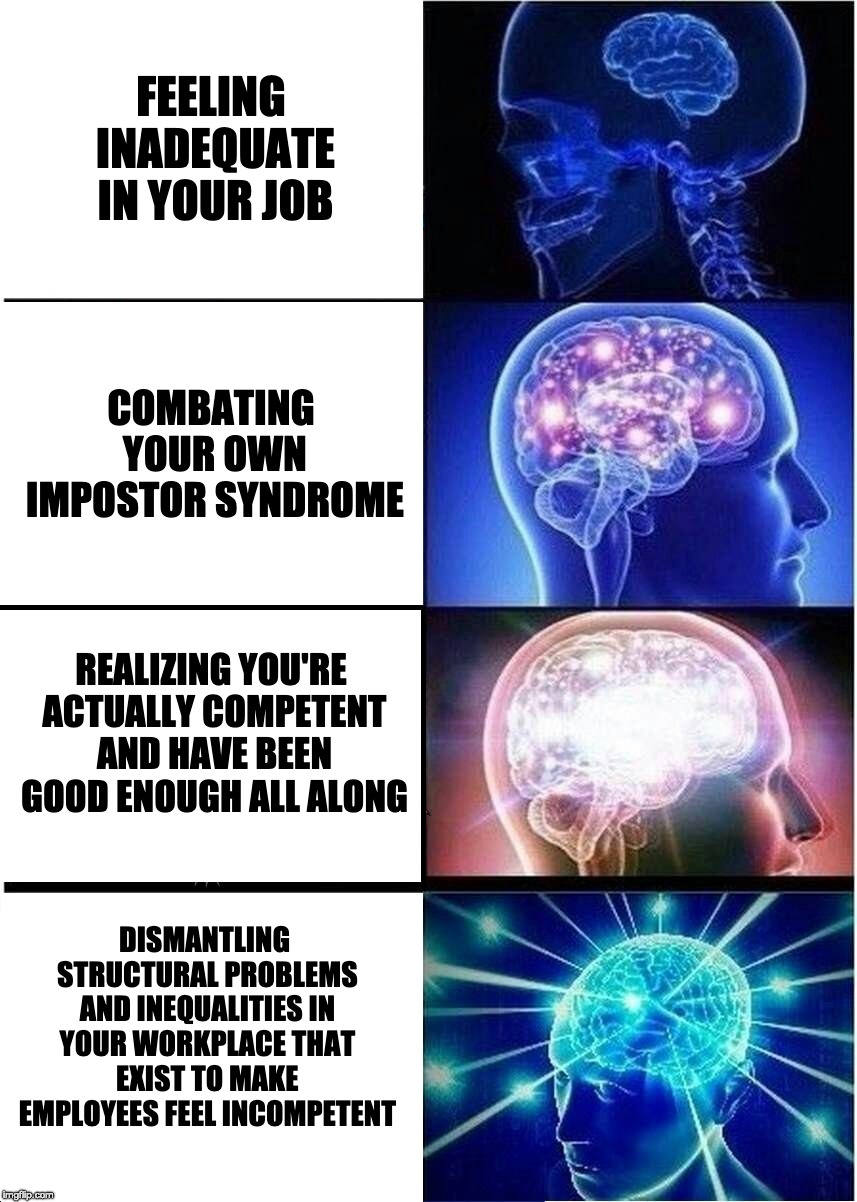In today's fast-paced world, people often face internal obstacles that hinder their success. Among these, procrastination, emotional dependency, and impostor syndrome stand out as common issues. What can you do to break free from these patterns?
This article, we will explore the root causes and strategies to address these three challenges. By understanding their impact and learning how to tackle them, you can build a healthier mindset and achieve your goals.
What is Procrastination?
Procrastination is the act of delaying tasks even when you are aware of the consequences. It often stems from fear of failure, lack of motivation, or poor time management.

When procrastination takes over, can dependencia emocional como sair be far-reaching. To combat procrastination requires developing better habits and creating actionable plans. Consider techniques like the Pomodoro Technique or focusing on time-bound goals to stay on track.
What is Emotional Dependency?
Emotional dependency occurs when an individual relies heavily on others for validation, support, or happiness. Although relationships are fundamental, emotional dependency turns detrimental when self-esteem is tied solely to others’ approval.

Common signs of emotional dependency include a fear of rejection, difficulty making decisions independently, and constant seeking of external approval. Breaking free from this pattern, it’s crucial to develop self-awareness and cultivate self-reliance. Therapy, mindfulness practices, and journaling can provide significant support.
What is Impostor Syndrome?
Impostor syndrome is the persistent belief where someone feels like a fraud despite evident success. Those affected tend to undermine their abilities rather than skill or effort.

Impostor syndrome often results in anxiety, self-doubt, and a fear of being “exposed”. Addressing this issue involves reframing negative thoughts and celebrating accomplishments. Seeking feedback from trusted peers and embracing self-compassion can also help you build confidence.
How to Address These Challenges?
To navigate these issues, consider the following strategies:
- Create a routine to combat procrastination and break larger tasks into smaller milestones.
- Recognize triggers that contribute to your emotional reliance and work towards independence.
- Acknowledge your strengths regularly and seek professional guidance if needed.
Long-term improvement requires persistence, so keep practicing these methods to achieve lasting transformation.
Conclusion: Taking the First Step
Procrastination, emotional dependency, and impostor syndrome may seem daunting, but they are manageable with the right strategies. With awareness and consistent effort, you open the door to personal growth.
Take the first step by recognizing these patterns in your life and adopting simple, actionable strategies. Remember: progress is a journey, not a destination.